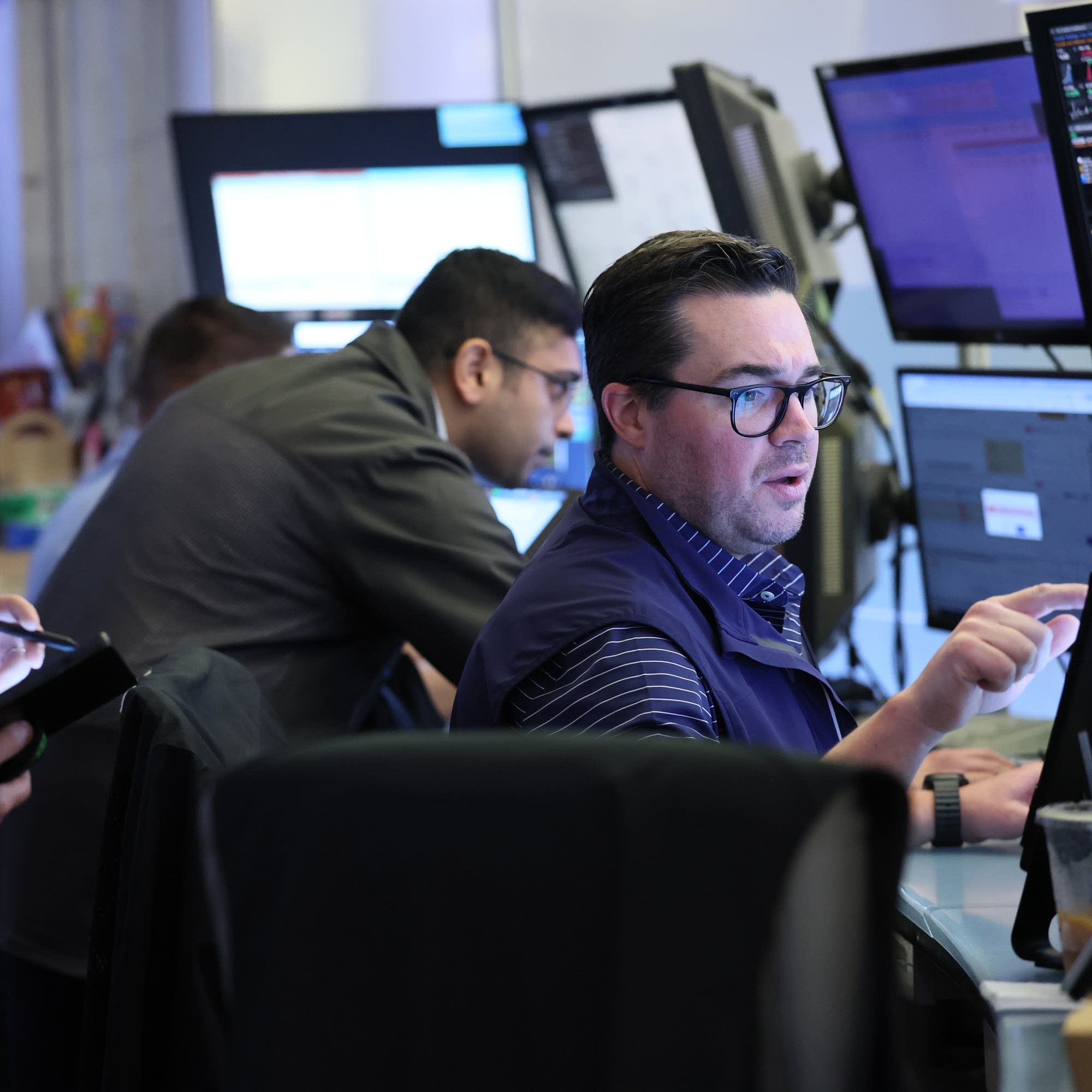
🤖 AI Summary
Overview
This episode explores the surge in short-term corporate borrowing through commercial paper, its implications for businesses, and the broader economic context. It also delves into the U.S. government's efforts to bolster domestic semiconductor manufacturing, the Bureau of Labor Statistics' American Time Use Survey, and the challenges millennial-focused brands face in appealing to Gen Z.
Notable Quotes
- If you build out a semiconductor factory with no customers, you're basically just digging a hole, throwing money into it, and setting it on fire.
- Matt Levin, on the risks of government-backed chip manufacturing.
- Jobs in agriculture, logging, and forestry ranked the highest on happiness and meaningfulness and the lowest on stress.
- Stacey Vanek Smith, discussing insights from the American Time Use Survey.
- Y2K is in today, but inevitably, tomorrow, it'll be something else.
- Kristen Schwab, on the fleeting nature of Gen Z fashion trends.
📉 The Rise of Commercial Paper
- Commercial paper, a short-term debt instrument, has surged in popularity as companies avoid locking in high long-term bond rates.
- Justin Ho explains that this borrowing is used for immediate needs like payroll and supplier payments, not long-term investments.
- High interest rates on long-term bonds have made short-term debt more appealing, despite the risks of frequent refinancing.
- John Bai notes this trend reflects a cautious, short-term mindset among companies amid economic uncertainty.
💻 U.S. Semiconductor Manufacturing and Geopolitics
- The U.S. government is heavily investing in domestic chip production to reduce reliance on Taiwan and counter China's technological advancements.
- TSMC's Arizona plant, supported by the CHIPS Act, is a step forward but still lags behind Taiwan's expertise.
- Stacey Rasgan warns that government equity stakes in companies like Intel could lead to inefficient political interference.
- The geopolitical stakes are high, with China leveraging its energy partnerships with Russia to strengthen its position.
⏳ The American Time Use Survey: Measuring Happiness
- The Bureau of Labor Statistics' Time Use Survey tracks how Americans spend their time and their emotional well-being during activities.
- Insights include the high happiness levels in agriculture-related jobs and the economic trade-offs of childcare and household labor.
- Michael Horrigan highlights the survey's potential to inform policies, such as employer-provided childcare to boost workforce participation.
- Budget cuts threaten the future of this valuable data source.
👖 Gen Z and Y2K Nostalgia
- Gen Z is embracing early 2000s fashion trends, from low-rise jeans to wired headphones, driven by a longing for a simpler
era.
- Brands like Abercrombie & Fitch are successfully rebranding, while others like Claire’s struggle to stay relevant.
- Corey Seemiller describes Gen Z as the throwback generation,
seeking novelty blended with nostalgia.
- Successful campaigns, like Gap’s TikTok-inspired ads, balance modernity with retro appeal.
🏠 Housing Market Shifts
- The housing market is seeing a rare surplus of sellers over buyers, the largest mismatch since 2013.
- First-time buyers like Topher Soltis share the financial challenges of homeownership, including steep monthly costs.
- Despite the hurdles, homeownership remains a milestone, though it often feels like an ongoing process rather than a final achievement.
AI-generated content may not be accurate or complete and should not be relied upon as a sole source of truth.
📋 Episode Description
“Commercial paper” is a type of short-term debt that’s paid off much faster than a typical corporate bond. It’s kinda like an afternoon snack — perhaps not great for you, but it’ll hold you over until dinner. In this episode, what it means that commercial paper bonds have been ramping up all year. Plus: Iconic millennial-focused brands pivot to Gen Z consumers, the BLS cares if you’ve got free time, and the Trump White House closely monitors U.S. chip manufacturing progress.
Every story has an economic angle. Want some in your inbox? Subscribe to our daily or weekly newsletter.
Marketplace is more than a radio show. Check out our original reporting and financial literacy content at marketplace.org — and consider making an investment in our future.
